The healthcare sector encounters growing difficulties in data management and workflow administration and administrative workload which makes Hospital Management Software (HMS) an essential operational tool. Organizations pursuing Hospital Management System adoption should grasp its fundamental attributes since the market forecast indicates a 9% annual growth rate through 2025. This study examines the main HMS features together with their effects on healthcare delivery methods in present-day organizations.
What Is Hospital Management Software?
The Hospital Management Software produces a complete system that integrates multiple hospital operations like patient enrollment with billing capabilities along with inventory administration and workforce scheduling features. HMS operates through centralized data integration to provide better operational efficiency and lowers costs and heightens patient satisfaction rates. The solution helps hospitals maintain HIPAA compliance as well as safeguards important health data.
Industry reports indicate that the market continues to expand because diabetes and cancer prevalence has generated more patient data that requires effective management solutions. Building patient data management systems in the cloud now happens more frequently as health organizations benefit from easy remote access and lower operational expenses.
Top Features of Hospital Management Software
Electronic Health Records (EHR)
The central management system of HMS contains a core component known as the Electronic Health Records system. EHR systems convert all patient information including medical history and diagnostic reports as well as medication prescriptions along with test results in digitized format. EHRs abolish paperwork to provide instant access to error-free data among different departments of the organization.
“Global expansion of hospital management software occurs due to rising demands for handling and efficient management of substantial healthcare data volumes.” – ResearchAndMarkets.com
Appointment Scheduling
Patients gain online consultation booking access through appointment scheduling features that doctors use to handle their work schedules easily. The system cuts down waiting periods and distributes resources most efficiently.
Billing and Claims Management
Through this system healthcare organizations create invoices automatically and track payments and process insurance claims. The system minimizes human mistakes and accelerates claim processing thus healthcare facilities receive better cash flow.
Laboratory and Radiology Management
The laboratory management tools enable efficient tracking of samples and automated test results production together with medical imaging warehousing capabilities. The speed at which health facilities obtain test results helps produce more accurate diagnostic results.
Inventory Management
The inventory modules utilize real-time stock monitoring to guarantee proper timing of restocking operations which results in minimal waste accumulation. Medical establishment needs this function for proper control of pharmaceutical products and supply items.
Patient Portal
Patient portals give healthcare consumers the power to view their health records together with their test outcomes and scheduling information and billing details. The implemented features work to maintain patient interest and result in better caregiver-trust between healthcare professionals and their patients.
Staff Management
Hospitals use staff management tools to keep track of both employee work commitments and roles together with recruitment statistics and staff performance data. The system enables maximum human resource usage which boosts team collaboration effectiveness.
Key Statistics on HMS Adoption
The chart below presents important statistics about hospital management software implementation behaviors.
|
Metric |
Value |
|
Market Size (2019) |
$25 billion1 |
|
Projected CAGR (2020–2025) |
|
|
Operational Cost Reduction |
Up to 20%5 |
|
Increase in Patient Satisfaction |
15%6 |
|
Administrative Time Saved |
Up to 50%4 |
Benefits of Hospital Management Software
Hospital Management Software provides quantitative advantages which surpass basic operational streamlining functions. Hospital Management Software executes automated workflows which consequently liberates medical personnel so they can prioritize essential patient healthcare responsibilities. Medical facilities that integrate EHR systems can make decisions speedily using precise information. Cloud-based deployment systems provide better access to healthcare infrastructure at reduced expense.
The implementation of HMS enables healthcare facilities to maintain complete regulatory standards which ensure data protection as well as restrict unauthorized patient data access. Hospitals which deploy Hospital Management Systems position better to achieve superior care results because enterprises worldwide seek advanced IT solutions.
Trends Driving HMS Adoption
Various market developments will mold the direction of hospital management software as it advances.
- Cloud-Based Solutions: Companies now transition from stand-alone systems to cloud-based platforms which grants distant staff members secure data access and leads to operational savings.
- Government Initiatives: The market in North America and Europe continues to grow because of rising healthcare IT adoption funding.
- Rising Healthcare Expenditures: Advancements in medical technology help hospitals achieve cost management as well as reduce inefficiencies.
Conclusion
The healthcare industry is changing through Hospital Management Software which combines administrative functions with clinical workflow processes under one system. Hospitals use EHRs and inventory management tools with billing modules and patient portals to enhance operational efficiency as a result of delivering improved care outcomes.
The HMS global market displays an anticipated surge during the upcoming decade so healthcare organizations that invest in present-day advanced software will become vanguard operators in technologically advanced healthcare systems. Moving to HMS provides healthcare organizations with the capability to reduce costs and improve patient satisfaction in their pursuit of operational excellence.
Thanks for reading!
Have a project in mind? Schedule a free consultation today.
Get StartedNeed Expert Development Services?
You have spent quite some time on this page while seeking a suitable technology partner.


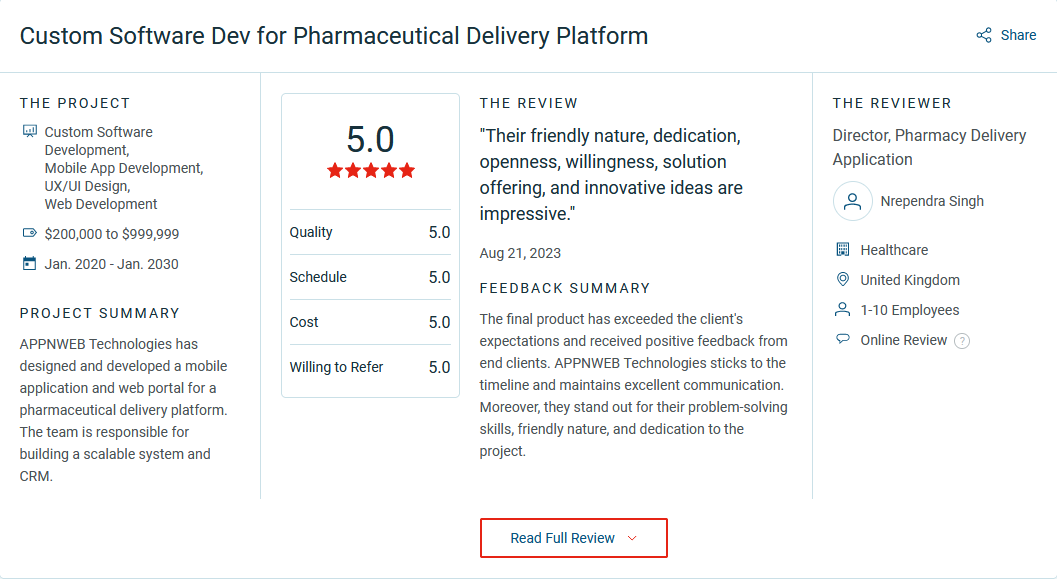
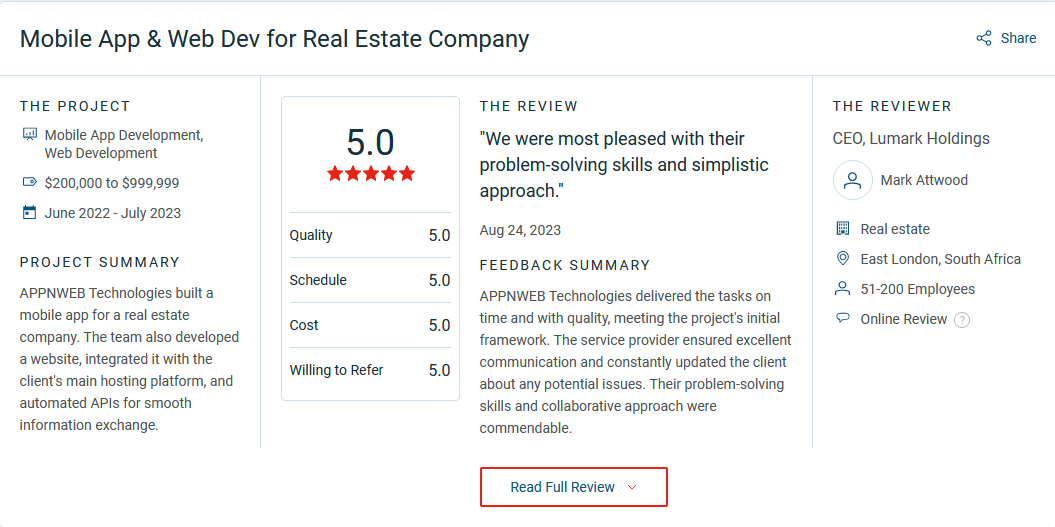
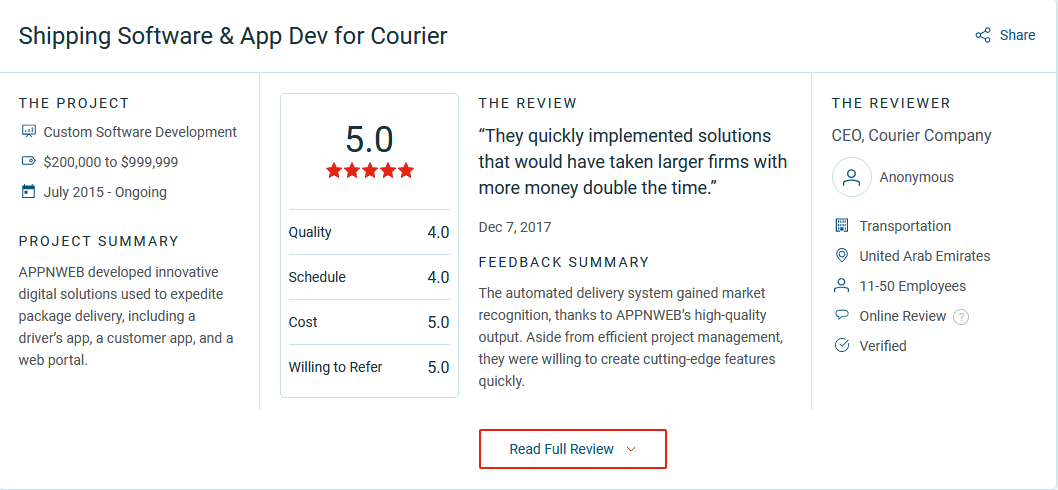
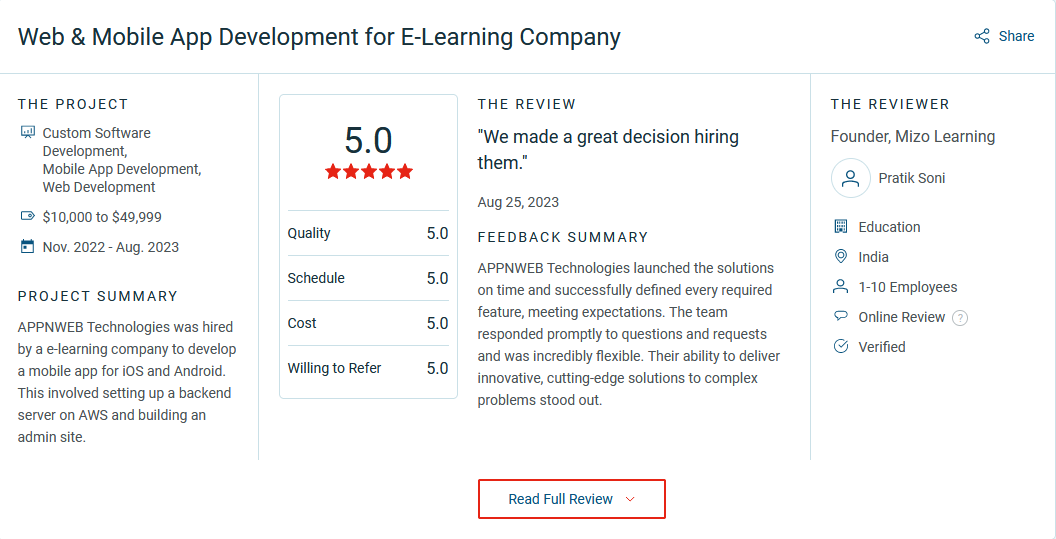
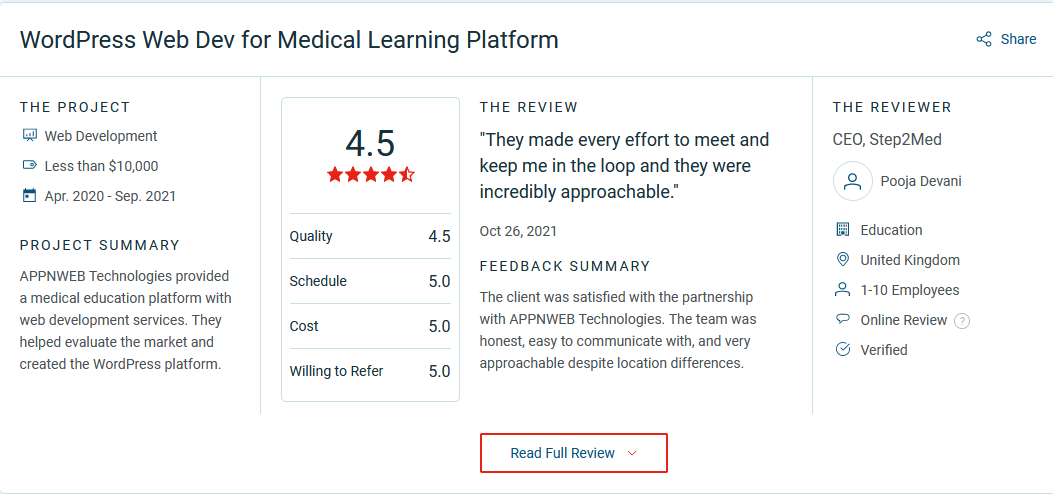












 Hire Craft CMS Developers
Hire Craft CMS Developers
 Hire Flutter Developers
Hire Flutter Developers
 Hire Blockchain Developer
Hire Blockchain Developer
 Hire WordPress Developer
Hire WordPress Developer
 Hire Magento Developer
Hire Magento Developer
 Hire Laravel Developers
Hire Laravel Developers
 Hire SaaS Developers
Hire SaaS Developers
 Hire Shopify Developer
Hire Shopify Developer
 Hire the Best Android Developer
Hire the Best Android Developer
 Hire PHP Developer
Hire PHP Developer
 Hire the Top 3% of Java Developers
Hire the Top 3% of Java Developers
 Hire Fully Vetted Angular Developers
Hire Fully Vetted Angular Developers
 Hire ReactJS Developers in India
Hire ReactJS Developers in India
 Hire iOS Developers in India
Hire iOS Developers in India
 Hire React Native Developers
Hire React Native Developers
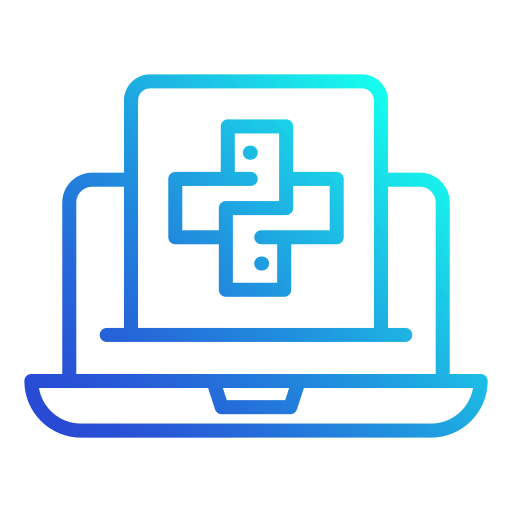 Hire Python Developers
Hire Python Developers









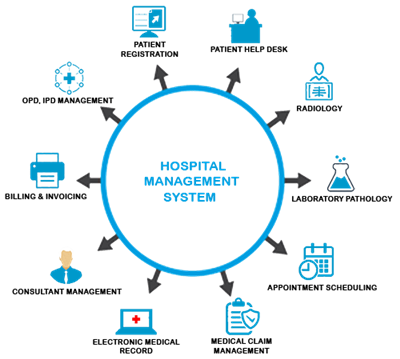







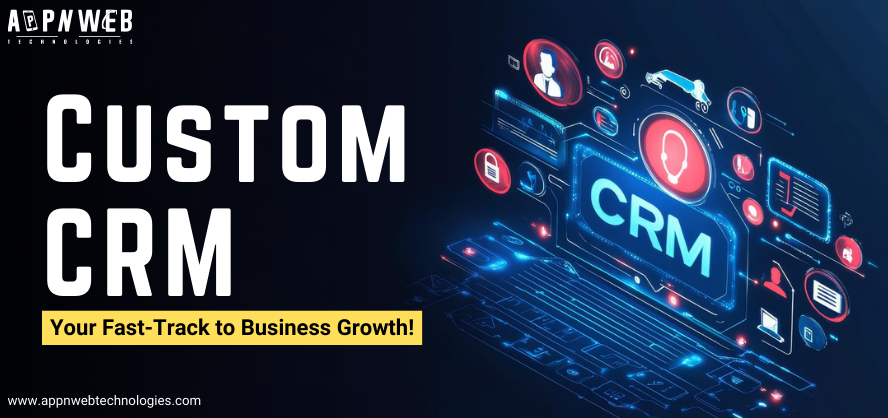

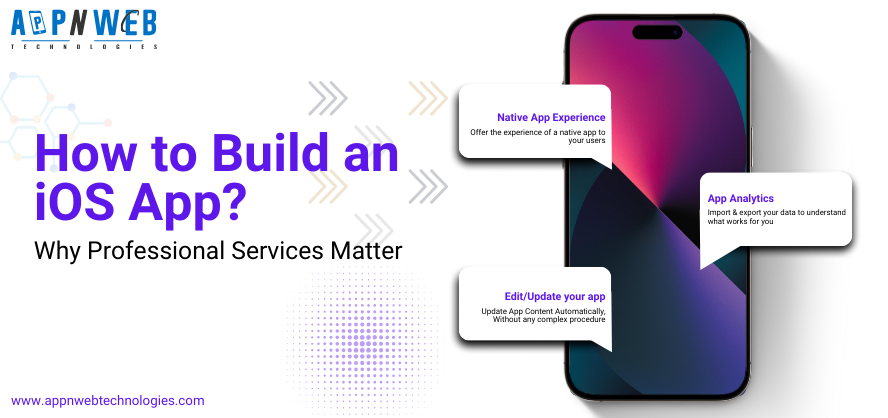





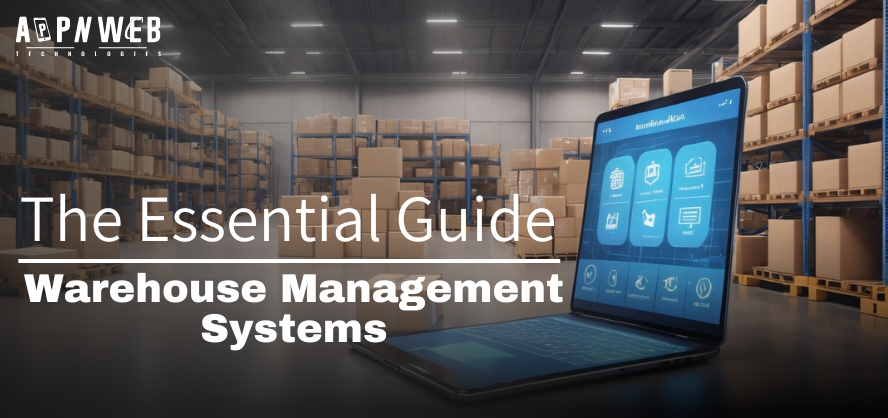

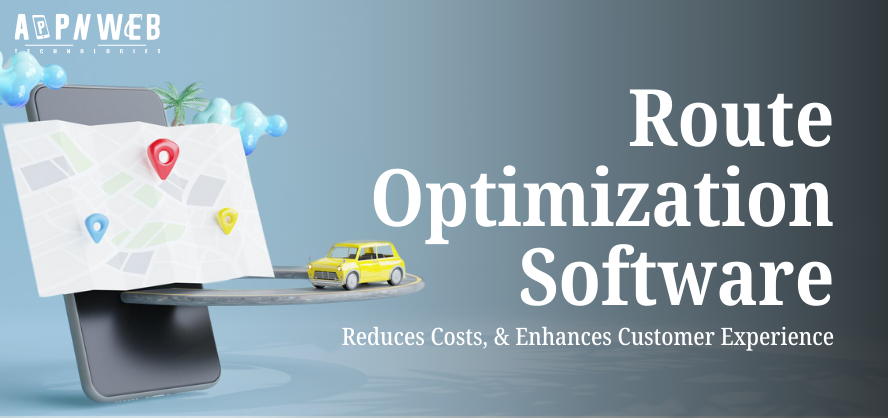



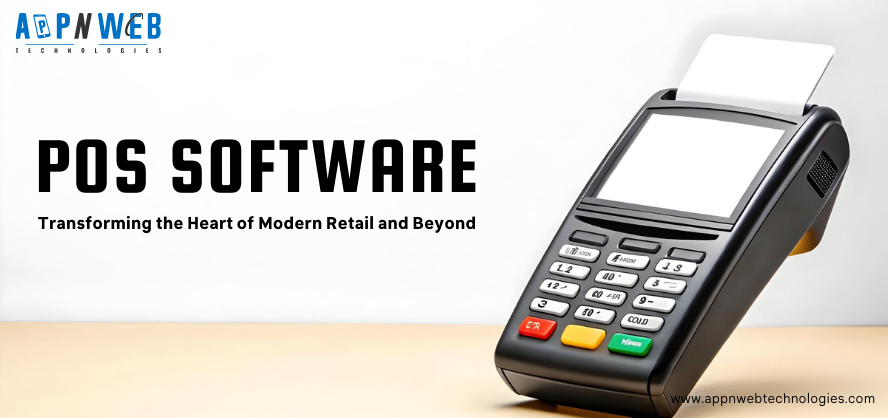
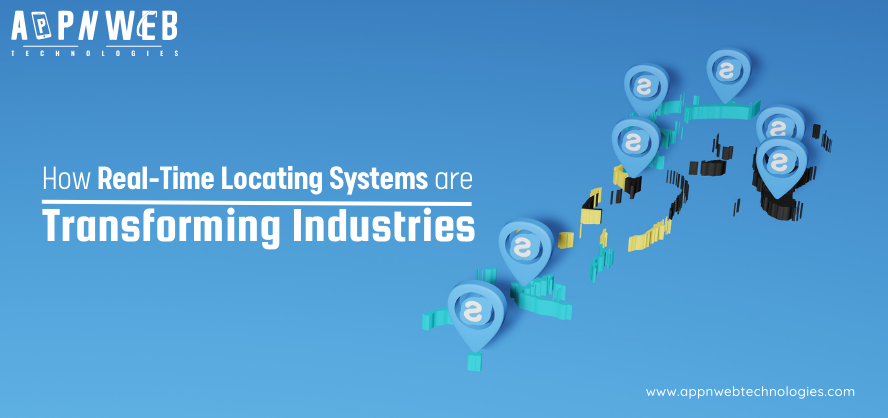
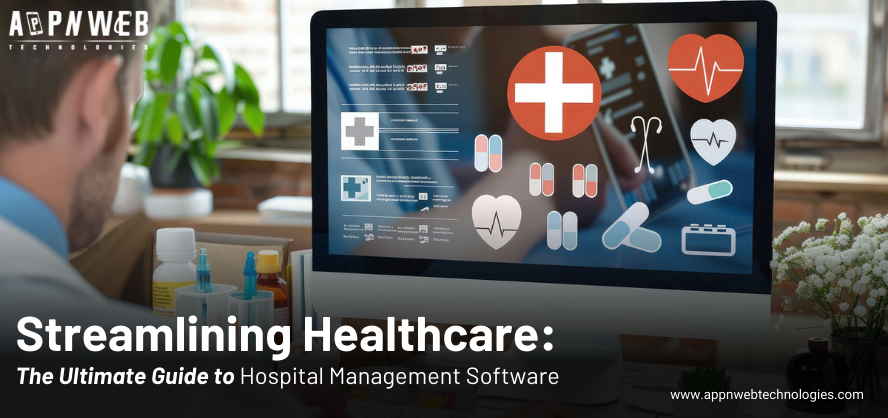
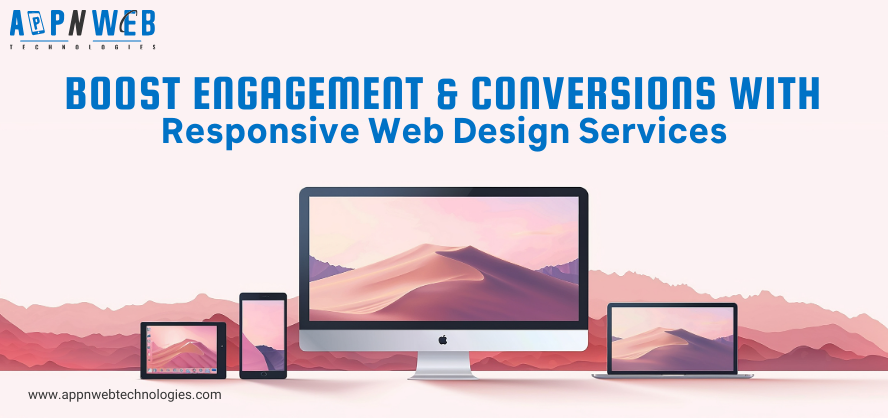



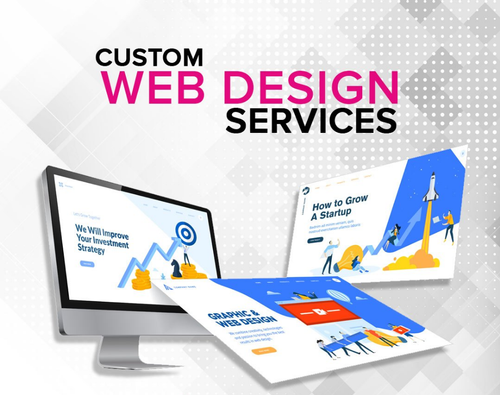
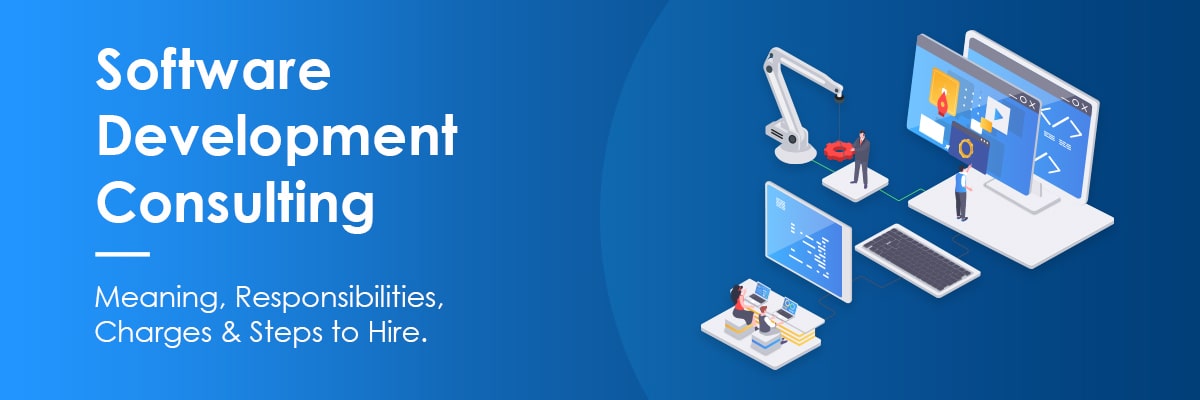
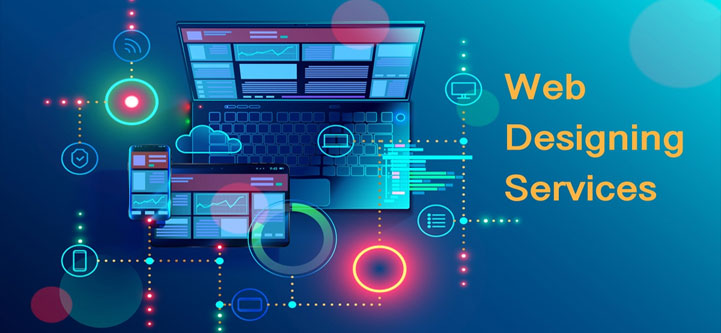

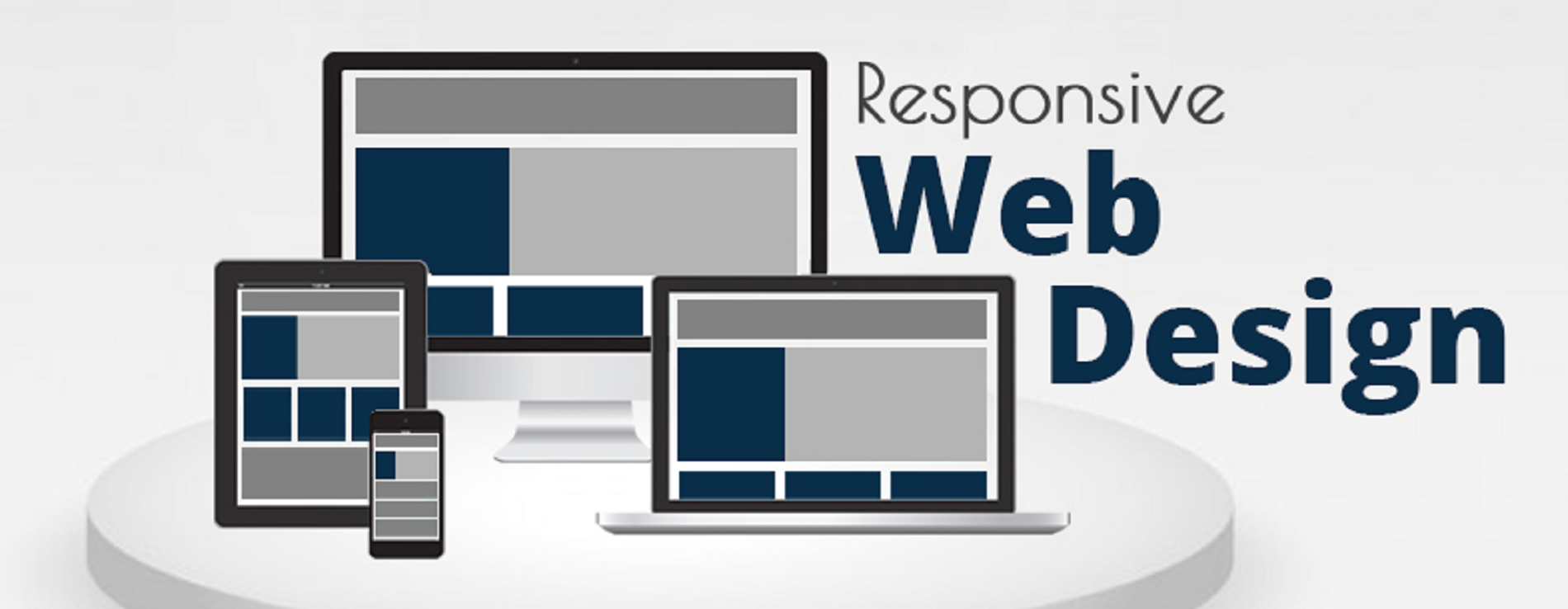









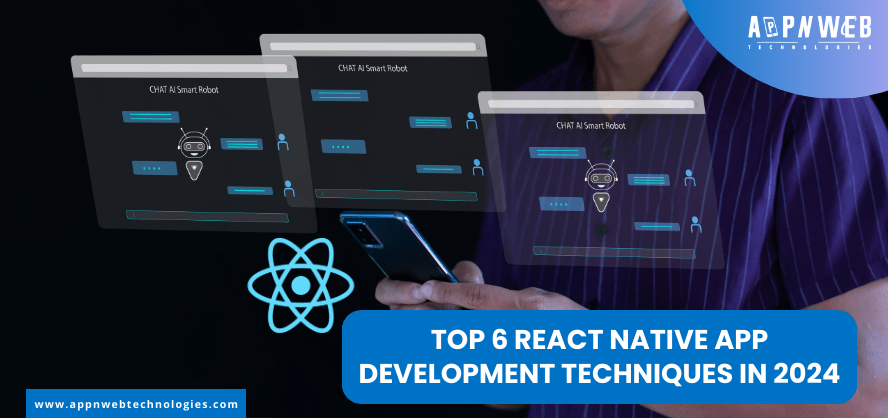

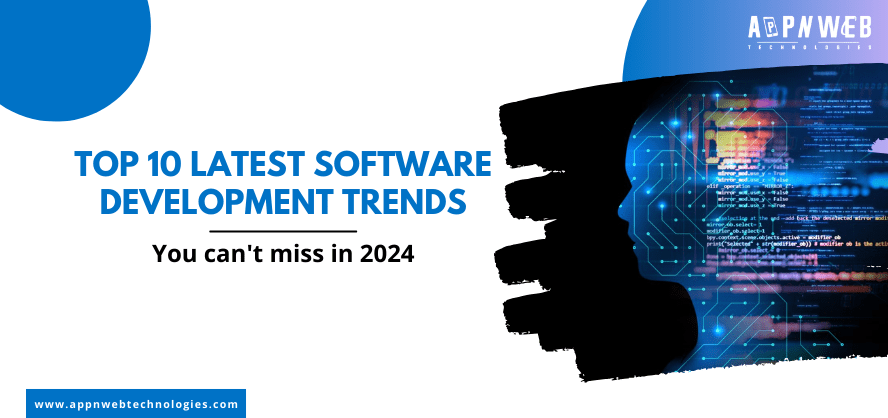




.svg)






